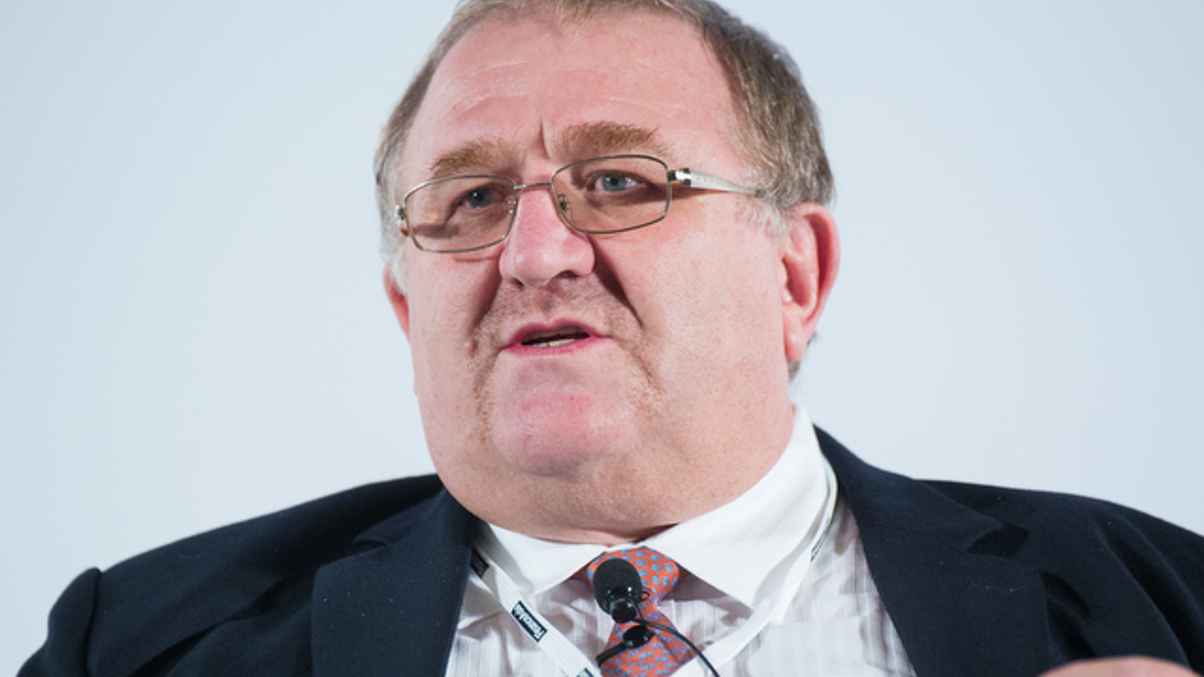Smaller fines not sign of weakness: Goldman
Fines levied by regulators in Asia may be a lot smaller than in the US or UK, but that doesn't mean the region's watchdogs are weak, argues a senior Goldman Sachs executive.

The far smaller penalties handed out to financial firms in Asia than in the UK and US should not be taken as a sign of weakness, said a Goldman Sachs executive at a recent forum. On the contrary, the likes of Hong Kong are taking a tough line on issues such as money laundering, he noted.
Sign in to read on!
Registered users get 2 free articles in 30 days.
Subscribers have full unlimited access to AsianInvestor
Not signed up? New users get 2 free articles per month, plus a 7-day unlimited free trial.
¬ Haymarket Media Limited. All rights reserved.


